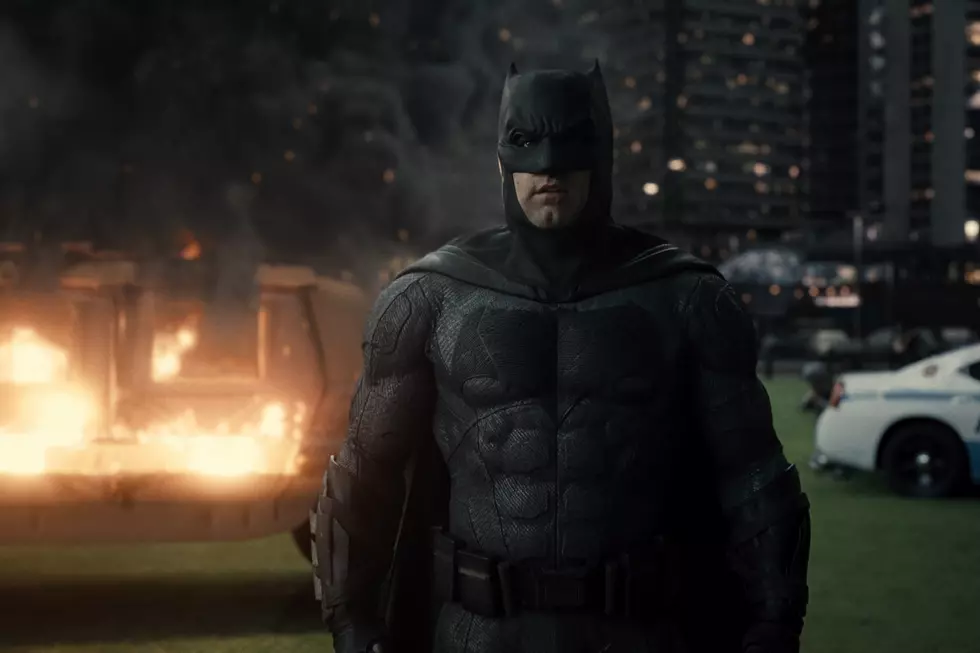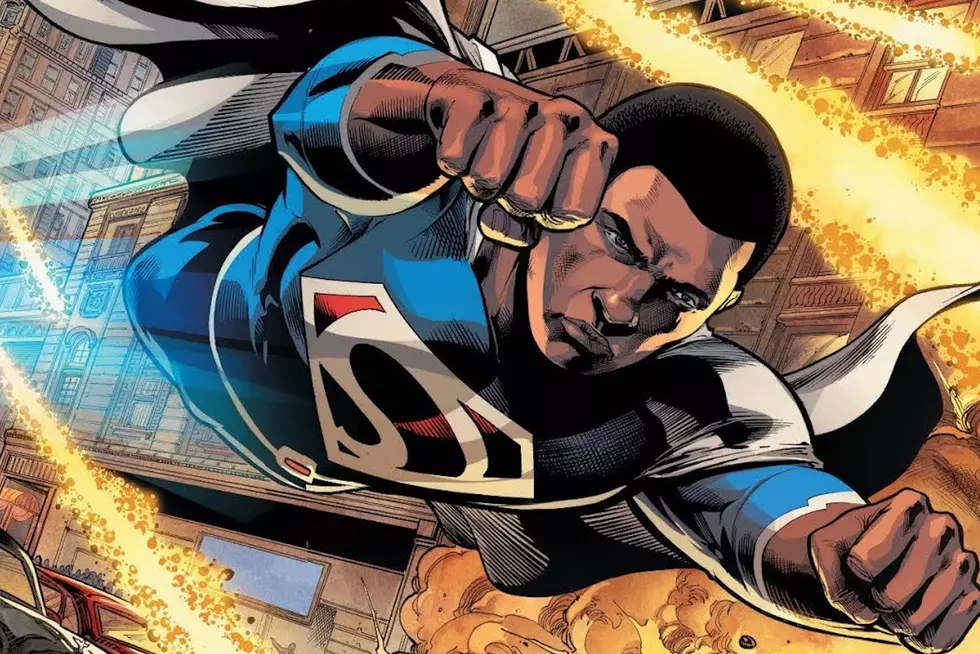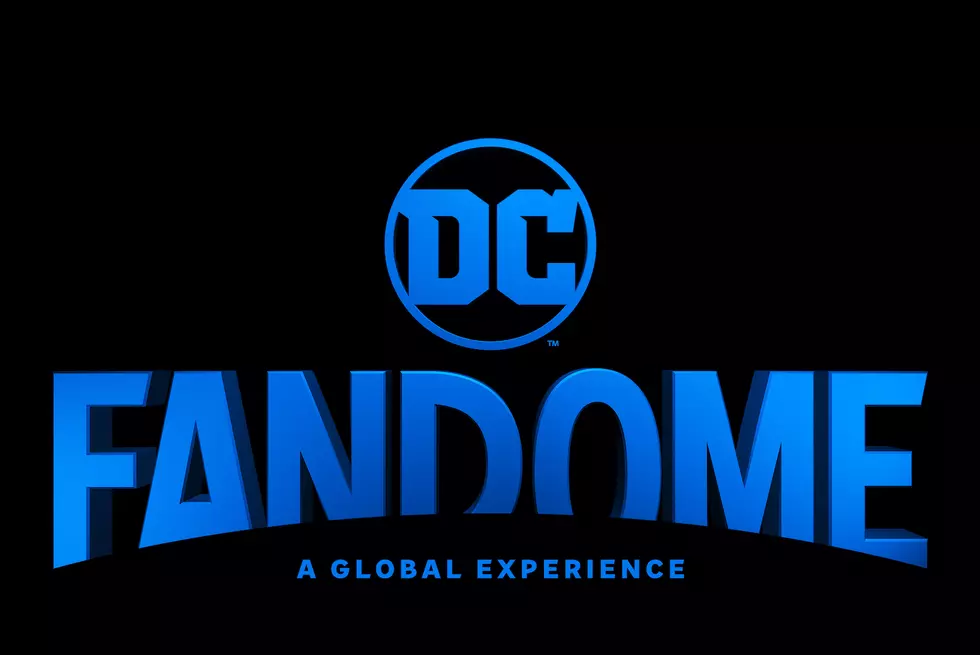
Ask Chris #312: Don’t Quit Your Day Job, Superman
Q: Are superheroes inextricably tied to their alter-ego day jobs? For example, does Clark Kent have to be a journalist, or Hal Jordan a pilot? — @Chan_180
A:For all the questions about whether the Secret Identity is a concept that can still provide drama within the superhero genre or something that just sticks around as an outdated trope from the Golden Age that was handed down to comics by Emma Orczy and the Scarlet Pimpernel, the idea of getting rid of the day job is something that's rarely discussed, probably because it hasn't actually happened all that often. Let's face it: If you're a superhero, you're a whole lot more likely to literally come back from the dead than you are to start a new career once you're in your thirties.
But while it's a lot easier to imagine Superman just not being Clark Kent anymore than it is to imagine Clark Kent not being a mild-mannered reporter for a great metropolitan newspaper, I don't know if it's entirely impossible to separate them. Like a lot of things, I think it depends on the character.
It's interesting that you bring up Hal Jordan because --- along with Spider-Man --- he's probably one of the few characters who actually has switched jobs a few times over the course of his superheroic career. Sure, he started out as a test pilot, but over the next few decades, he was a toy salesman, a trucker, and even dabbled in the fascinating, action-packed world of insurance! And believe it or not, I think that's actually one of the reasons that I never really became a fan.
I know, I'm surprised too. You'd think that I would've been sold on him the second I found out about that stretch in the '70s where he was a trucker with a magic ring who occasionally had to park his big rig in orbit while he went off and fought space crooks. That's like the plot of the Green Lantern movie that Hal Needham never got the chance to make. And yet, for whatever reason, it always seemed less like a series of dynamic new directions and more like an off-putting inconsistency.
I think part of it just comes down to the way that superhero comics are built. Since they're serialized fiction that's meant to go on forever, they're repetitive by their very nature, and the enjoyment often comes from seeing the way those stories take those same elements that we see every month and add those minor twists that make something new. The thing is, if that's going to work, it has to be built on a foundation of consistency. After all, the only way you can appreciate a new twist to the formula is if you know what the formula is to begin with.
That's where the day job comes in, and why it ends up being so difficult for a character to break away from. For superheroes, the day job isn't just the place where they get the money to pay the rent and buy web fluid or batarangs, it's a place that helps establish a baseline. It can provide the supporting cast, it can serve as a consistent background and a vehicle for exposition, and while all of those things are also true about the day jobs that you and I have in our regular, non-superheroic lives, comic book characters also have the added requirement of having jobs that help to underscore their central metaphors.
Going back to Hal Jordan, there's a reason that "toy salesman" and "occasionally spacefaring trucker" didn't really stick around in the way that "test pilot" did as his definitive career path. He's a character who's defined by his courage and his ability to conquer fear, and since superheroes tend to have everything in their stories made to orbit around that single set of defining characteristics, it makes a lot of sense for him to have a job that reflects that, too. Climbing into an untested aircraft and running the risk of having it explode into a fireball as soon as it gets off the runway certainly fits the bill, even if it runs the risk of being hard to separate from the jet-age aesthetic of the era when Hal was created.
Superman's the same way. As much as the in-continuity reasoning behind Clark Kent getting a job at the Daily Planet came as a result of being able to hear about crises that need his attention as early as possible, the idea of a journalist as someone who seeks out truth and brings it to the masses is pretty tightly interwoven with the rest of his character. Also, I imagine that it's a lot easier for a writer to get inside the head of someone with Superman's incomprehensible power when Superman is also pecking away at a keyboard trying to make his word count while someone yells at him about deadlines.
If you take away that job, you lose that connection, the idea that Clark is always pursuing those same ideals even when he's not Superman --- and you also lose most of his supporting cast, including Lois Lane and Jimmy Olsen, and the idea that they're also connected to those high ideals. For Lois in particular, that's a pretty big loss.
That's not to say that it can't be done, or even that it hasn't been done well. In the past five years alone, we've seen two stories where Superman has found himself in a different line of work, and while both of those were built primarily around changing the secret identity with the day job as a side effect --- once when Clark faked his death and became a firefighter for a hot minute, and then again when he lost his secret identity and was a full-time Superman and part-time pro wrestler --- they were both twists that worked really well.
And they also both defaulted right back to the established foundation of Clark Kent, Mild-Mannered Reporter.
Because that's the thing about a superhero's day job. It's always meant to inform the rest of the character in some way or another, and whether by accident or design, that often becomes tied to their character in a way that even things like super-powers and visual iconography aren't.
Even Batman, who doesn't actually have to work, still has the day job of "Billionaire Philanthropist" to explain how he has the rocket cars and Bat-shaped kneepads that he uses to fight crime. At the very least, it's a convenience of the plot to make more room for punching out the Riddler, but it's also something that can easily be seen as one of the defining elements of the character. Bruce Wayne has the money to do anything, and he uses it to become Batman. That means something.
But that doesn't mean that it applies to everyone.
It all really depends on who the character is and what they're built for, but it seems to me like the easiest way to separate a character from their job is to just lose the secret part of their secret identity.
Wally West is unquestionably the most successful attempt at making a character like this, and it only really happened because of the way he stepped into the spotlight. As the Flash's kid sidekick, he was too young to warrant a day job until the moment that he inherited the identity from Barry Allen, and that served as a catalyst to making him a character for whom secret identities and day jobs were irrelevant.
If Barry was defined by being a cop and a scientist --- a description of his day job that also matched up pretty well with what he was doing in costume --- then Wally was defined specifically by being the Flash and carrying on that legacy. It superseded anything else that he could've been doing with his time, and while there a few really interesting ideas thrown out in terms of employment (most notably that time he spent as a super-powered tax collector working for the IRS), they were tied up in the idea of doing the jobs as capital T, capital F, The Flash, not as Wally West.
More From ComicsAlliance









